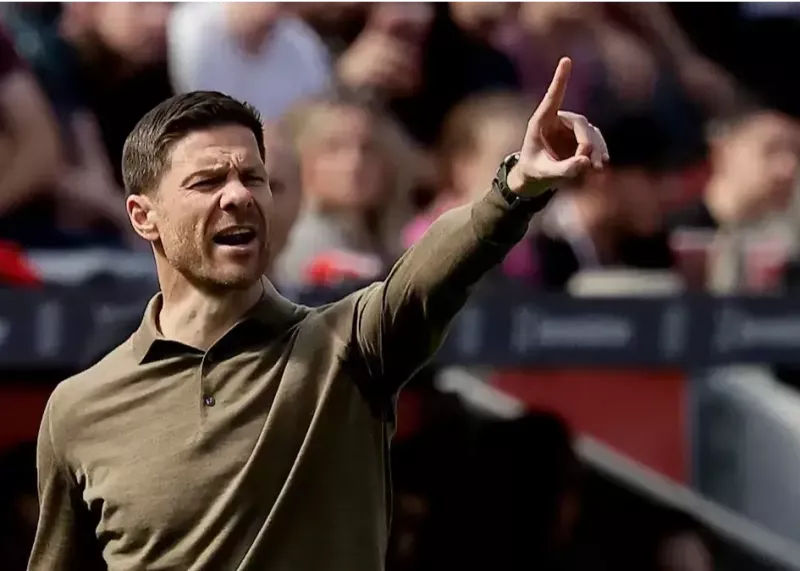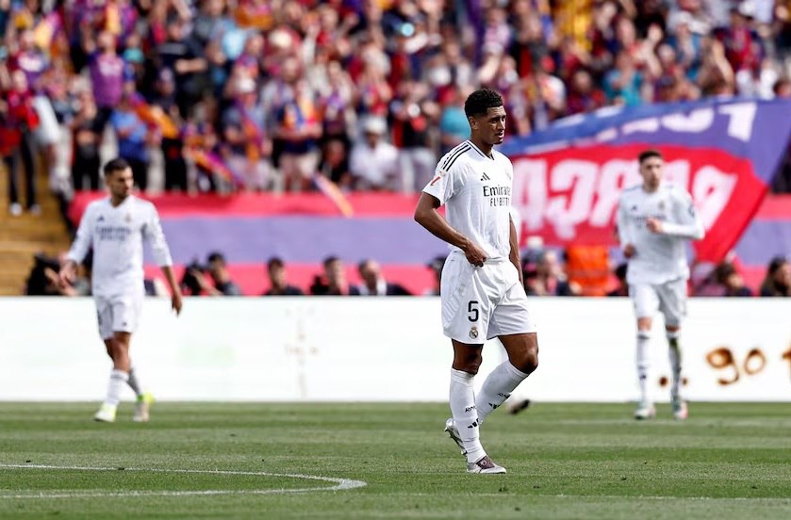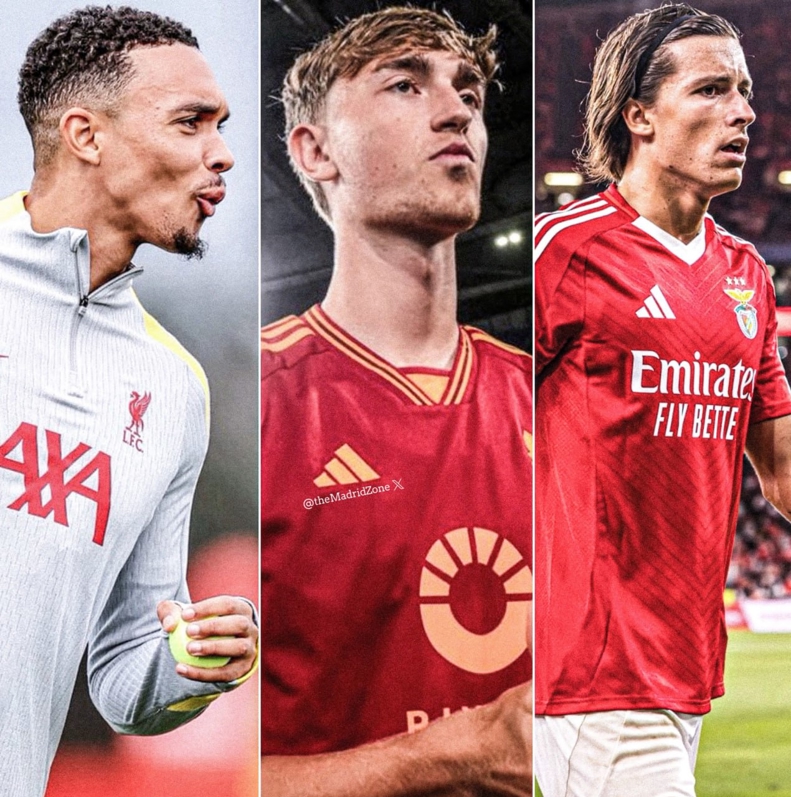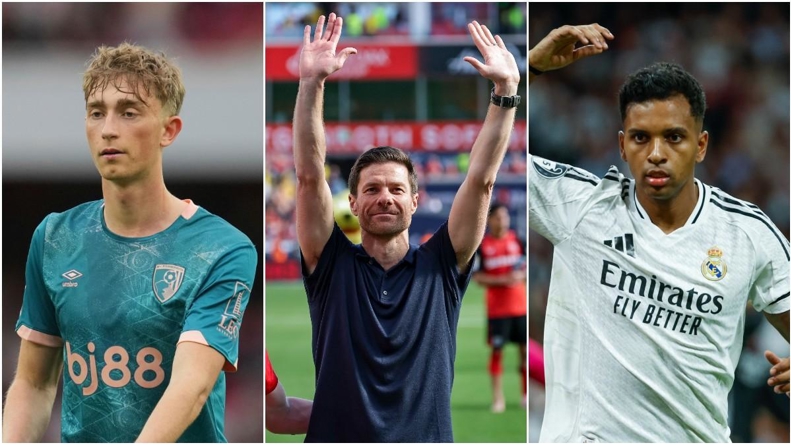Returning to Glory with New Ideas
€100 Million to Change Real Madrid’s Style!
Real Madrid’s new signings, all recommended by Xabi Alonso, are part of major changes the Basque coach envisions to transform the traditional system of Los Blancos.

According to reports, Carlo Ancelotti’s tenure at Real Madrid has ended after six seasons across two spells, during which he won the most titles in the club’s history. La Liga concluded, and he will depart. Now, Xabi Alonso faces the challenge of leading Real Madrid and competing in the Champions League. Alonso, who left Bayer Leverkusen after two and a half brilliant seasons, has signed a contract with Real Madrid until 2028. However, this season, especially the defeat in El Clásico at Montjuïc, highlighted the difficulties he and president Florentino Pérez face in addressing the team’s weaknesses.

After last season’s double (La Liga and Champions League), Real Madrid, despite signing Kylian Mbappé—who met expectations with 39 goals—has faced serious issues this season. Pérez and executive director José Ángel Sánchez are well aware of the squad’s shortcomings. For next season, Real needs a right-back (Trent Alexander-Arnold is the primary target), a center-back (Dean Huijsen for €50 million), a central midfielder (Martin Zubimendi likely joining Arsenal), and a left-back. For the latter, Real is considering Benfica’s Álex Grimaldo with a €50 million release clause. Additionally, a striker in the style of Joselu for emergencies is needed. Considering Alexander-Arnold’s free transfer, Real will spend at least €100 million to strengthen their defense.

Xabi Alonso, who excelled at Leverkusen with a three-defender system, faces a shortage of center-backs at Real. He must decide whether to play with a back four or a libero-based system, a decision that will impact transfers. Real’s defense, despite Thibaut Courtois, has struggled significantly. Real conceded 37 goals in 35 La Liga matches (slightly over one per game), but defensive frailties were exposed in big games, like El Clásico, where Barcelona scored 16 goals in four matches. The return of players like Dani Carvajal, Éder Militão, David Alaba, Antonio Rüdiger, and Ferland Mendy from injuries remains uncertain.

In midfield, Toni Kroos’ retirement was a major blow. Aurélien Tchouaméni failed to fill Kroos’ void, and despite flashes of brilliance, Eduardo Camavinga’s inconsistency and injuries left him ineffective. Alonso, a legendary midfielder himself, must design a more fluid system for ball distribution. In attack, Mbappé has taken leadership with three goals in El Clásico, but Vinícius Júnior’s role has diminished, and Rodrygo’s form is unclear. Alonso must find a way to manage these talents, especially with Jude Bellingham’s presence.
Real struggled in big matches this season: four losses in El Clásico, just one win in four derbies against Atlético Madrid, and failures against Milan, Liverpool, and Arsenal in the Champions League. Competing in La Liga requires beating mid-table teams, but in the Champions League, Real must shine in high-stakes duels. Alonso and Pérez must revive Real’s glory days through squad reinforcement and tactical innovation. This challenge will be a major test for the young coach and the club’s management.